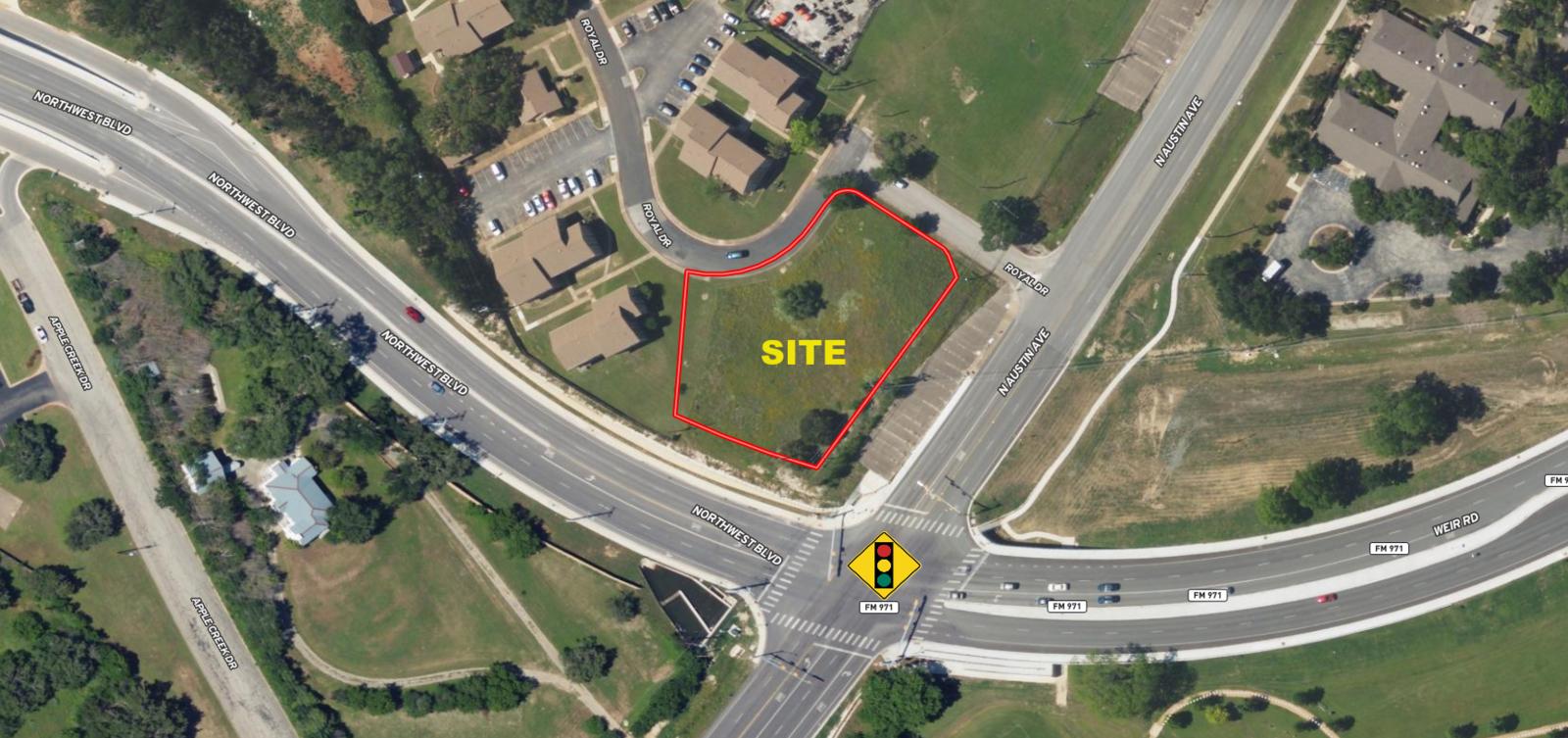When it comes to commercial real estate investment, buying unimproved land can be a powerful strategy. Unlike developed properties, unimproved commercial land is vacant and without buildings, utilities, or infrastructure. For many investors and developers, this blank canvas offers unique benefits, flexibility, and value-adding potential that other real estate types don’t provide. Here’s a closer look at why buying unimproved commercial land can be a smart move.
1. Lower Purchase Cost
Unimproved commercial land is generally less expensive than developed properties. With no buildings, utilities, or site improvements, the upfront cost is lower, allowing investors to enter the market with a smaller budget. This affordability also creates opportunities to purchase larger parcels for the same price as smaller, improved properties, giving you more flexibility to build or develop as you see fit.
2. High Appreciation Potential
Land values tend to increase over time, especially in growing areas where demand for development rises. Unimproved land can offer a high appreciation potential if located in a market with economic growth, population expansion, or infrastructure investments. This “buy and hold” strategy allows you to gain value over the years, and you can choose to sell at a profit later, even without adding any improvements.
3. Endless Development Options
One of the biggest advantages of buying unimproved land is the freedom to develop it however you like. With no existing structures or limitations, you can tailor the land to suit specific business or investment goals. Whether you want to build retail spaces, office complexes, industrial facilities, or mixed-use developments, unimproved land gives you a blank canvas for endless possibilities. You can work with architects and engineers to design the property exactly to your vision, creating something that meets current market needs and attracts future tenants or buyers.
4. Lower Property Taxes
Because unimproved land is valued lower than developed land, property taxes are usually lower too. This can save you money on operating costs while you hold onto the land or plan future development. Lower taxes mean that investors can retain the land at a relatively low cost, allowing more time to decide on the best way to improve or sell it without ongoing high expenses.
5. Fewer Maintenance Costs
Without structures or developed infrastructure, unimproved land requires minimal maintenance. There’s no need to worry about repairing roofs, plumbing, or HVAC systems, which reduces the cost of ownership. This simplicity makes it easier to manage and keeps your costs low. Investors looking for hands-off real estate options often appreciate the low-maintenance nature of vacant commercial land.
6. Great Opportunity for Speculation
For investors interested in long-term gains, unimproved commercial land can be an excellent choice for speculation. As towns and cities grow, land close to existing developments can see rapid value increases. When you buy land in the path of growth, you stand to benefit as the demand for commercial space expands in that direction. Speculative buyers can hold the land until it reaches peak value, then sell it for a significant return.
7. Ability to Attract Developers and Tenants
With unimproved land, you can attract developers or tenants who need a space that aligns with their specific needs. Some businesses look for custom-built locations, while developers may seek land they can shape to meet project requirements. By owning unimproved land, you can position yourself to partner with businesses, developers, or investors looking for build-to-suit opportunities, often securing long-term tenants or buyers before the property is developed.
8. Creative Financing Options
Unimproved land often opens the door to various creative financing options that may not be available with other types of commercial properties. Some lenders or sellers may offer financing with flexible terms or lower down payments, especially if the land has good potential for development. Investors can also explore seller financing, lease-to-own options, or land banking strategies, making it easier to buy and hold until you’re ready to develop or sell.
9. Minimal Regulatory Restrictions
Because unimproved land doesn’t have any existing buildings or infrastructure, it often comes with fewer regulatory restrictions initially. This can simplify the acquisition process, and you can research zoning and permit requirements to make sure your development plans align with local regulations. By starting with vacant land, you avoid the limitations that may come with pre-existing structures, and you have the freedom to work within local codes and adapt the property as needed.
10. Ability to Control the Timeline
When you buy unimproved land, you have the flexibility to develop on your own timeline. There’s no pressure to immediately make improvements or renovations, giving you the time to plan strategically. Whether you’re waiting for property values to increase, for zoning changes to be approved, or for the right market conditions to emerge, unimproved land allows you to control the timing of your investment. You can hold it as a long-term asset or begin developing when you’re ready to maximize your investment’s potential.

